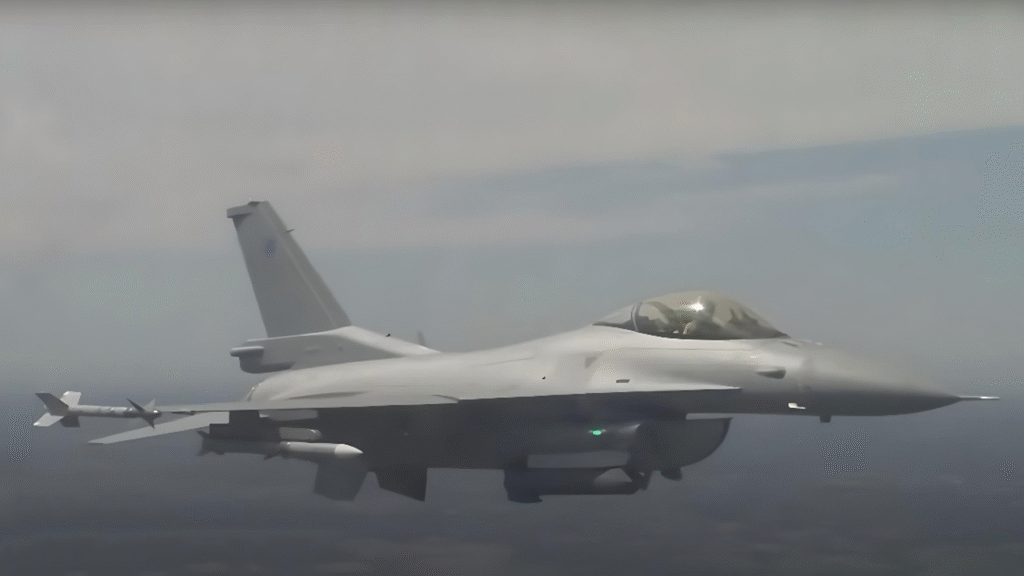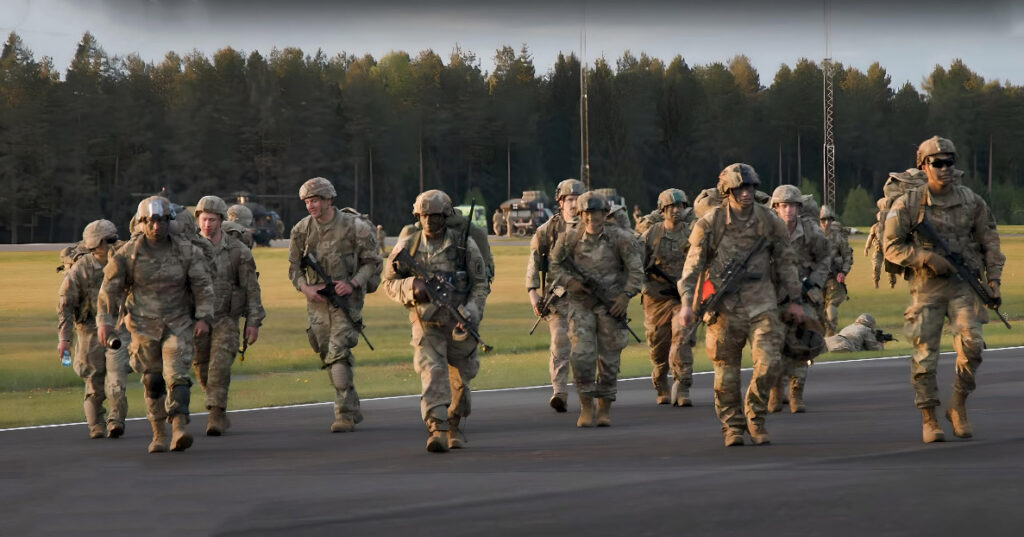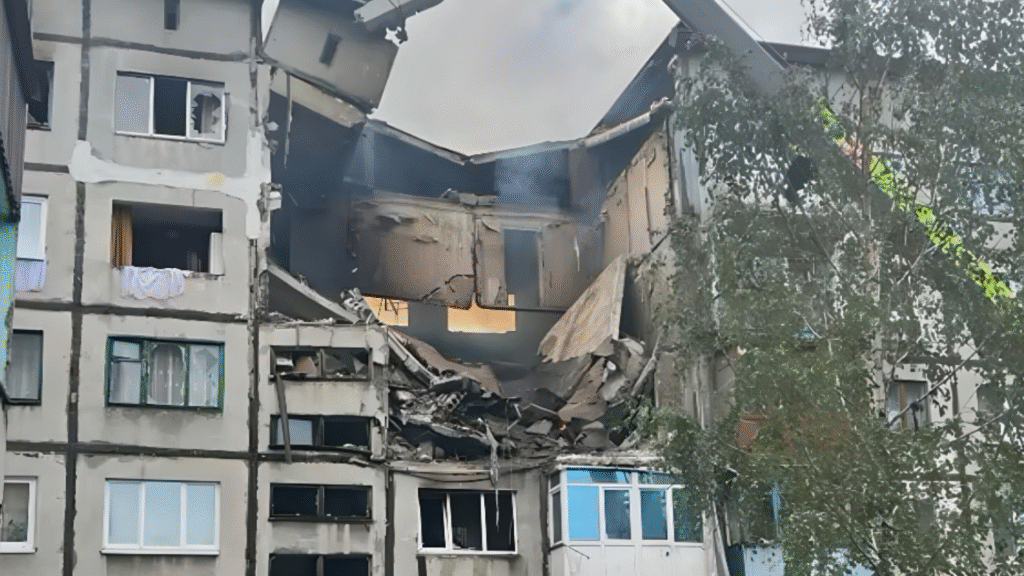In a bold move blending private enterprise with military objectives, FORES, a Russian manufacturer of ceramic proppants for the oil and gas industry, has awarded 15 million rubles (roughly $150,000 USD) to a group of 12 Russian servicemen for their role in downing a U.S.-made F-16 fighter jet. The ceremony, held with senior military officials in attendance, celebrated what Russia’s Ministry of Defense claims was the first confirmed destruction of an F-16, shot down by air defense forces on April 13, 2025. This event marks a significant moment in the ongoing conflict, highlighting the increasing involvement of Russian businesses in supporting military efforts.
The financial reward fulfills a pledge made by FORES’s deputy executive director, Ilya Potanin, in July 2024, when the company announced it would pay 15 million rubles for the first F-15 or F-16 destroyed in combat. FORES had earlier set a precedent by offering 5 million rubles for the first U.S.-made Abrams or German-made Leopard 2 tank taken out, with an additional 500,000 rubles for each subsequent tank. This makes FORES the first private Russian company to publicly incentivize the destruction of Western-supplied military equipment, a move that has sparked both praise and controversy within Russia.
The F-16 in question was part of a NATO-supported initiative to strengthen Ukraine’s air capabilities. Deliveries of these jets, which began in the summer of 2024, are expected to provide Ukraine with up to 60 aircraft from countries including Denmark, the Netherlands, and other NATO allies. However, Western media outlets like Bloomberg have reported significant hurdles in the program, including a shortage of spare parts, delays in pilot training due to language barriers, and logistical challenges. These issues have limited the jets’ operational impact, making the reported downing of an F-16 a notable setback, though Western sources have yet to widely confirm Russia’s claim.
FORES’s initiative reflects a broader trend of Russian businesses aligning with national military goals, raising questions about the role of private entities in modern warfare. In Russia, the program has fueled patriotic sentiment in some circles, with state media framing it as a symbol of national resilience. Conversely, critics argue it blurs ethical lines, turning military actions into a corporate-sponsored endeavor. For Western audiences, this development highlights the challenges of supplying advanced weaponry to conflict zones, where sophisticated systems like the F-16 face intense real-world tests against Russian air defenses.
The incident also underscores the murky information landscape surrounding the conflict. While Russian authorities and FORES have publicized the event, the lack of detailed confirmation from Western or Ukrainian sources leaves room for skepticism. As the war continues, such high-profile claims and counterclaims are likely to shape perceptions on both sides, with private sector involvement adding a new layer of complexity to an already intricate geopolitical struggle.



